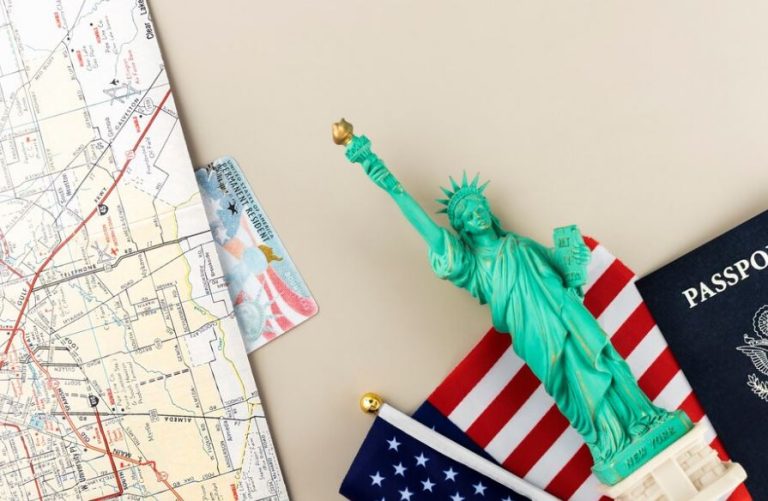Millions of foreign visitors have been drawn to the US in recent years for a variety of reasons, including family reunions, epic road trips, and academic opportunities. However, the regulations governing travel have recently taken an unpredictable turn, much like the jazz rhythm that characterizes certain aspects of the American spirit.
Travel advisories to the United States have been issued by nations all over the world. Countries like Germany, Canada, and the United Kingdom are now urging their citizens to reconsider, particularly with regard to personal identification and safety expectations, in response to changing domestic policies and social dynamics in the United States.
Key Travel Advisory Highlights Related to the USA (2025)
| Country | Advisory Level | Focus of Concern | Recommendation |
|---|---|---|---|
| Canada | Level 2: Increased Caution | Registration requirements for >30-day stays | Register with U.S. authorities and carry updated documents |
| Germany | Custom Advisory | Gender identity and passport sex designation | Contact the U.S. embassy before travel if passport has “X” or reflects a changed gender |
| United Kingdom | Level 2: Increased Caution | Risk of detention for minor errors | Double-check visa documentation, consult embassy if non-binary or gender-diverse |
| Finland | Level 2: Increased Caution | ESTA may not guarantee entry | Passport sex must match birth assignment; prepare for additional scrutiny |
| Denmark | Advisory for Non-Binary Travelers | Passport entry barriers | Seek prior guidance from U.S. embassies if traveling with third-gender or X-mark passports |
Why Are There More Travel Warnings for the USA?
Policy changes coming out of Washington have been largely responsible for this advisory momentum in recent days. For example, one executive order uses strictly binary definitions of gender. The directive has profoundly personal implications, despite its initial bureaucratic appearance.
The United States has drastically curtailed the flexibility for non-binary and transgender travelers by incorporating new gender identity regulations into federal documentation requirements. Practically speaking, this means that even if they have valid visas or travel authorization, travelers with non-traditional gender markers on their passports may be turned away at entry points.
The Cross-Border Ripple Effect
International governments have responded to these changes with clarity and concern by strategically monitoring them. The dangers for tourists like Jessica Brösche, a tattoo artist who was held for weeks despite having legitimate travel documents, are now publicly acknowledged in Germany’s advisory. Her widely reported case served as a springboard for criticism of policy.
These advisory updates are more than just a precaution in the context of human rights; they are signals of protection for their citizens. For instance, the Finnish government has done a remarkable job of issuing advisories that explain in detail how a mismatch in passport gender markers could result in entry being denied.
A Positive Prognosis for Upcoming Passengers
There is still hope despite increased scrutiny and changing regulations. Traveling in the United States is still very flexible, and the majority of visitors continue to visit the nation without any problems. America’s cultural and geographical diversity continues to beckon, from the vibrant urban landscape of New York to the magnificent views of the Grand Canyon.
Preparation is the answer for those who plan trips in their early stages. Travelers can confidently traverse the new terrain by utilizing embassy resources, verifying updated advisories, and ensuring documents are in line with current U.S. guidelines.
Practical Tips for a Smooth U.S. Visit
- Consult Your Embassy: Especially for transgender and non-binary individuals, seek embassy advice tailored to your country of origin.
- Check the U.S. State Department Website: The portal offers exceptionally clear updates on entry rules.
- Carry Supporting Documentation: Letters from employers, family invitation letters, or additional identity confirmation can be particularly beneficial.
- Monitor Your Itinerary: Avoid high-risk areas and large gatherings, especially in border regions or politically sensitive zones.
Adaptability and Preparedness
The dance between security and accessibility will become more intense in the upcoming years as global mobility continues to recover from the pandemic. Nonetheless, the trip into the United States can still be a very fulfilling experience with the right planning and awareness.
Travelers equipped with knowledge and assistance from their home countries will be better equipped to cross borders without incident, with their dignity preserved and adventure ahead, even though policy changes may cause turbulence.



